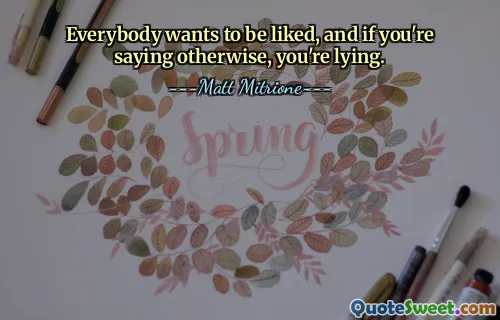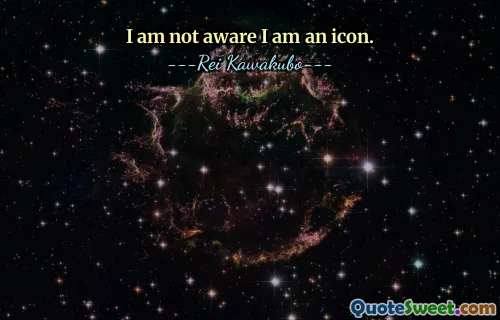
He was too gorgeous for words and worst yet he knew it.
This quote captures a compelling aspect of human nature—how physical attractiveness can sometimes become a double-edged sword. When someone is described as 'too gorgeous for words,' it emphasizes an almost surreal level of beauty that feels almost unreachable or otherworldly. Such extraordinary looks can evoke admiration, envy, or even intimidation from others, shaping how individuals are perceived and treated in society. Yet, the phrase 'and worst yet he knew it' suggests a layer of self-awareness that complicates the narrative. Knowing one’s own attractiveness can breed arrogance, arrogance, or a sense of superiority, which can distance individuals from genuine human connections. It raises questions about humility, self-awareness, and the impact of beauty on personal development and relationships. Sometimes, society venerates beauty to such an extent that it becomes a barrier to authentic self-expression, trapping individuals in a façade of perfection. In literature, characters described with such heightened beauty often represent more than their appearance—they embody notions of temptation, allure, or even tragedy. The quote invites us to reflect on how external beauty influences internal character and how fame or admiration may distort one’s self-perception. It reminds us that attractiveness, while often celebrated, can also carry inherent challenges, especially if accompanied by an inflated ego. This duality—being admired yet possibly lonely or ungrounded—is profound. How we perceive physical attractiveness and its effects on personal identity continues to be relevant, illustrating that inner humility often surpasses outward appearances.
(Beg for Mercy) — Shannon Dermott






